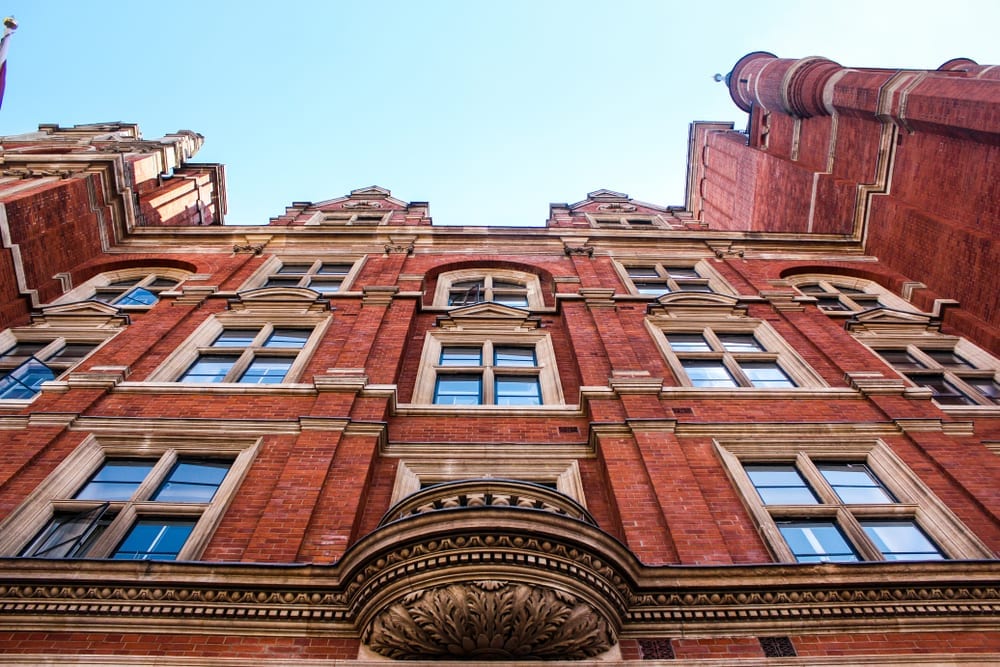Changes to empty London heritage building preservation is being demanded by city staff as they suggest a bylaw amendment scrapping the requirement to heat all vacant heritage buildings
City hall staff are urging an end to the one-size-fits-all approach to heritage preservation, suggesting a bylaw amendment scrapping the requirement to heat all vacant heritage buildings.
A city regulation currently requires owners of vacant London heritage buildings to heat and ventilate their properties in a bid to mitigate moisture and freeze-thaw damage.
But that requirement was neither “practical nor achievable,” city staff say in a report going to council’s community and protective services committee Wednesday. Instead, they recommend that each unoccupied heritage building be evaluated by fire safety, heritage and building experts to determine its heating, ventilation and maintenance needs.
The proposed property standards bylaw changes recognize the unique needs of each historic building, the report said.
The proposal on the table is to strengthen that regulation, said Orest Katolyk, the city’s top bylaw official. The new proposed regulation recognizes that, after discussions with specialists in building science, engineers and heritage planners, . . . every heritage building is different.
Fire officials were concerned that having working furnaces in vacant buildings can increase fire risk, the report noted. And heating empty buildings also has the unintended effect of attracting trespassers.
Current rules ignore the individual needs of each structure, some of which have no insulation and are down to bare bricks inside, Katolyk said.
The proposed changes would require property owners to submit expert reports on the most effective ways to mitigate damage and preserve each building’s heritage qualities to city staff for review, Katolyk said.
One local heritage advocate, however, seemed cool to the heating proposal.
Potentially, I think a property owner could just keep getting reports until they get one that says what they want it to, said Jennifer Grainger, president of the Architectural Conservancy of Ontario’s London chapter. I’d like to hear a little bit more about how this process will work and how we can make sure it is objective.






